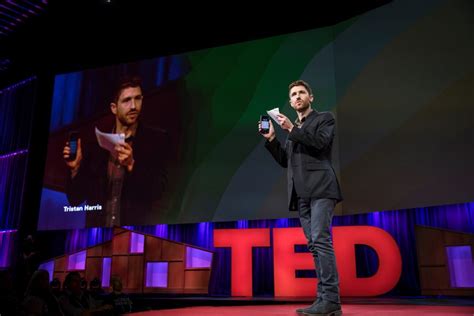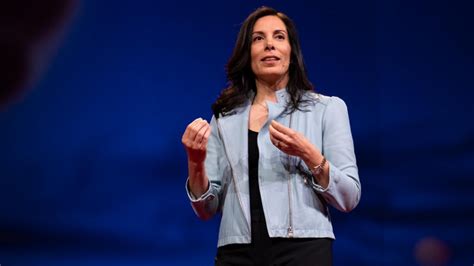What is an AI anyway?
Your right to mental privacy in the age of brain-sensing tech
Imagine a world where employers can see into their workers’ brains, where your thoughts can be tracked through AI, and where you can peer into your own mind to cure addictions. All of this is possible today, thanks to the merging of Artificial Intelligence and neuroscience. With the rapid advance of wearable neurotech and generative AI (think ChatGPT), we face important ethical questions about privacy, human rights, equity—and even what it means to be human.

15.56 mins
November, 2017.
True Artificial Intelligence will change everything.
“A new type of life is going to emerge from our our little planet and it´s going to colonise and transform the entire universe.” AI scientist Jürgen Schmidhuber is sometimes referred to as the father of modern artificial intelligence. In his talk, he demonstrates how deep learning methods have revolutionised machine learning, which are now available on 3 billion smartphones, and used billions of times per day. His claim that we are witnessing the start of a new form of life in our universe is profoundly transcendental.

14.53 minutes.
April, 2017.
How a handful of companies control billions of minds everyday.
A handful of people working at a handful of tech companies steer the thoughts of billions of people every day, says design thinker Tristan Harris. From Facebook notifications to Snapstreaks to YouTube autoplays, they’re all competing for one thing: your attention. Harris shares how these companies prey on our psychology for their own profit and calls for a design renaissance in which our tech instead encourages us to live out the timeline we want.
The era of blind faith in Big Data must end.
Algorithms decide who gets a loan, who gets a job interview, who gets insurance and much more. Yet they don’t automatically make things fair. Mathematician and data scientist Cathy O’Neil coined a term for algorithms that are secret, important and harmful: “weapons of math destruction.” Learn more about the hidden agendas behind the formulas in one of the eye opening talks on tech.
17.35 minutes.
November, 2013.
Big Data gets personal.
“In Dataland we are tracking you 24/7. We know what you like to eat, we know when you sleep, we know about the health of your body and your mind.” Microsoft researcher and co-founder of the AI Now Institute, Kate Crawford, explains how we are a lot closer to this kind of reality than we think in this great social experiment of data collection and predictive analysis.
11.27 mins.
2006
Persuasion & Technology.
“We now create machines that can change what people do, what people think and the machines can do that autonomously.” A short video by BJ Fogg of the Behavior Design Lab at Stanford University explaining the impact of persuasive technology on computer users and also the meaning of the concept ´persuasion profiling`. Note that this video was recorded in 2006 but it still strongly resonates with our relationship with digital technology today.

